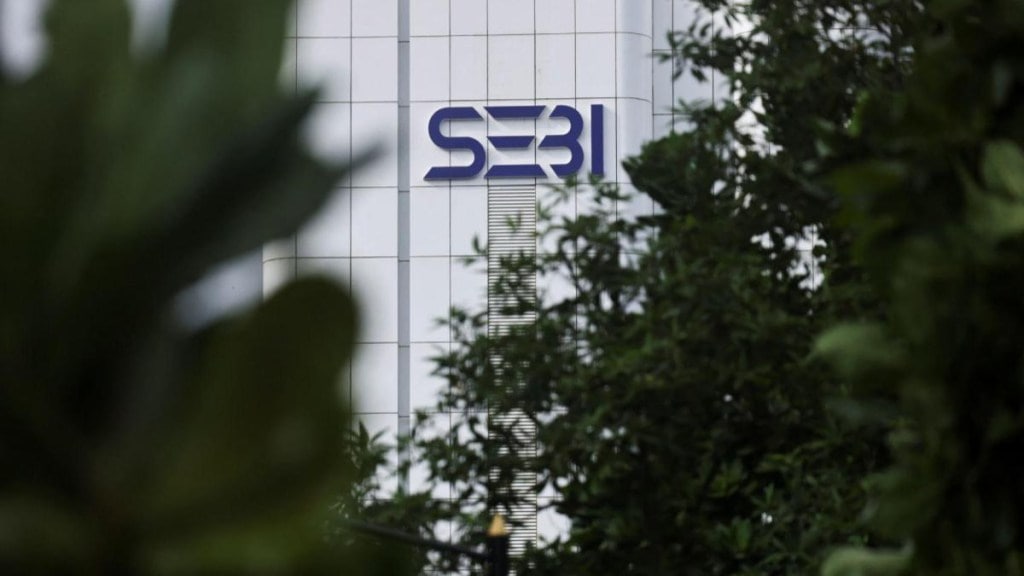The markets regulator has clarified that mutual funds cannot invest in pre-IPO placements. While the liquidity risks in case an IPO is shelved or delayed are behind the restriction, this route allows mutual funds to enhance returns by paying a preferential price before the issue opens, explains Ananya Grover
What is pre-IPO placement?
A pre initial public offer or pre-IPO placement is a process to raise money before the company starts its official IPO processes, involving the private sale of large blocks of shares that are not listed. Through this process, the selling shareholders offset the performance risk of the stock at listing which is uncertain and depends on the market sentiment.
Meanwhile, buyers usually get a discount on the expected IPO price, compensating for the uncertainty as the purchase is typically made without a prospectus and without any guarantee of the occurrence of public listing.
Generally, these placements are made to private equity firms and high net-worth individuals and come with a lock-up period of six months or more to ensure market stability after the IPO to prevent offloading of a large number of shares by early investors. After this period ends, they may choose to sell or hold their shares. Since pre-IPO deals come at a discount to the IPO price — something not allowed in anchor allocations, it offers these buyers an opportunity to generate high returns though there are liquidity risks also.
Are mutual funds allowed to enter into these deals?
Currently Alternative Investment Funds (AIFs), family offices, and foreign investors are allowed to invest in these rounds. However, for mutual funds (MF) there is a regulatory ambiguity as Clause 11 of the Securities and Exchange Board of India’s (Sebi) Mutual Funds Regulations, 1996 states that all investments by an MF scheme in equity shares and equity related instruments shall only be made provided such securities are listed or to be listed. The regulations, however, do not specify how ‘to-be-listed’ companies are to be defined.
This has allowed MFs to enter into such transactions and capture the alpha by paying a preferential price before the issue opens for anchor and public allotment. Due to this, the investors in these schemes end up holding unlisted shares of the IPO-bound firms till the time the company gets listed. In the meantime, there’s a liquidity and valuation risk for the MF and its investors.
Sebi’s recent clarification & the response to it
In a recent letter to the Association of Mutual Funds in India, Sebi clarified that in case of IPOs of equity shares and equity-related instruments, schemes of MFs can only participate in the anchor investor portion or in the public issue. This came after several MFs had asked for clarity from Sebi on these rules. Sebi said if the schemes of the MFs are allowed to participate in pre-IPO placements, they may end up holding unlisted equity shares in case the issue or listing isn’t concluded for any reason, which would go against their investment mandate.
However, mutual funds believe this could make them less competitive in an already crowded investment landscape. They would be at a disadvantage compared to foreign portfolio investors (FPIs), family offices, and AIFs which enjoy the benefits of early access, attractive pricing, and guaranteed allocations in high-demand companies. The pre-IPO placements is also a stage of price and valuation discovery by institutional participants.
Why MFs prefer this route
MFs have been investing in the pre-IPO market for over two decades now. Recently, seven of SBI Mutual Fund’s schemes had purchased 24.2 million shares of Urban Company via pre-IPO placement at 103 apiece. The shares later listed at161 on the BSE.
The trend has got stronger in recent times due to the growing number of institutional investors that has squeezed allocation to MFs in the anchor book. MF allotment in the 50% of the issue size reserved for qualified institutional buyers (include insurance providers, FPIs, banks, besides MFs) has fallen from 43% in FY24-25 to 35.6% in FY25-26.
Moreover, Sebi in its latest board meeting included life insurance companies and pension funds in the reserved category of anchor allocation along with domestic MFs. It hiked the anchor investor reservation in IPOs from 33% to 40%, with the incremental 7% reserved for life insurance companies and pension funds. In case of undersubscription by the latter in the 7% reserved for them, the unsubscribed portion of such reservation is available to MFs.
What happens in the US market
In the US, Mutual Funds invest in securities that are marketable and liquid, including stocks, bonds, money market instruments, and other registered securities. Eligible securities must comply with diversification norms, liquidity rules, and investment policies disclosed in the fund’s registration statement, which can’t be changed without shareholder approval. MFs can invest in pre-IPO shares based on the regulatory framework applicable to them. While open-end MFs registered with the Securities Exchange Commission invest in publicly traded securities and have limited ability to invest in pre-IPO shares due to liquidity and valuation constraints, some may participate indirectly or through interval funds or business development companies, which allow investments in illiquid private securities including pre-IPO sales.

